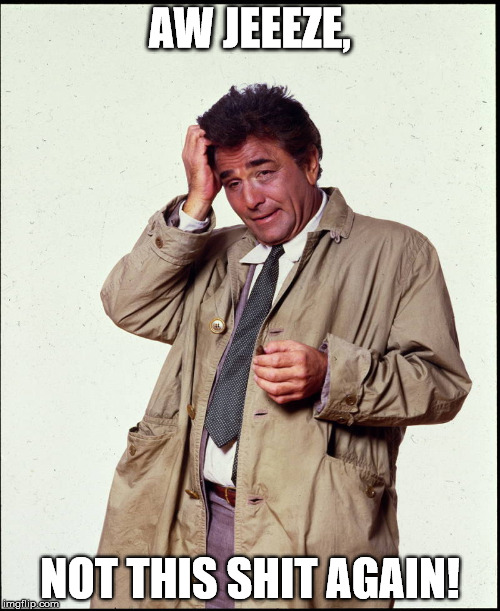Guno צְבִי
We fight, We win, Am Yisrael Chai
Donald Trump was cultivated as a Russian asset over 40 years and proved so willing to parrot anti-western propaganda that there were celebrations in Moscow, a former KGB spy has told the Guardian.
Yuri Shvets, posted to Washington by the Soviet Union in the 1980s, compares the former US president to “the Cambridge five”, the British spy ring that passed secrets to Moscow during the second world war and early cold war.
Now 67, Shvets is a key source for American Kompromat, a new book by journalist Craig Unger, whose previous works include House of Trump, House of Putin. The book also explores the former president’s relationship with the disgraced financier Jeffrey Epstein.
“This is an example where people were recruited when they were just students and then they rose to important positions; something like that was happening with Trump,” Shvets said by phone on Monday from his home in Virginia.
Shvets, a KGB major, had a cover job as a correspondent in Washington for the Russian news agency Tass during the 1980s. He moved to the US permanently in 1993 and gained American citizenship. He works as a corporate security investigator and was a partner of Alexander Litvinenko, who was assassinated in London in 2006.
Unger describes how Trump first appeared on the Russians’ radar in 1977 when he married his first wife, Ivana Zelnickova, a Czech model. Trump became the target of a spying operation overseen by Czechoslovakia’s intelligence service in cooperation with the KGB.
Three years later Trump opened his first big property development, the Grand Hyatt New York hotel near Grand Central station. Trump bought 200 television sets for the hotel from Semyon Kislin, a Soviet émigré who co-owned Joy-Lud electronics on Fifth Avenue.
Then, in 1987, Trump and Ivana visited Moscow and St Petersburg for the first time. Shvets said he was fed KGB talking points and flattered by KGB operatives who floated the idea that he should go into politics.
The ex-major recalled: “For the KGB, it was a charm offensive. They had collected a lot of information on his personality so they knew who he was personally. The feeling was that he was extremely vulnerable intellectually, and psychologically, and he was prone to flattery.
“This is what they exploited. They played the game as if they were immensely impressed by his personality and believed this is the guy who should be the president of the United States one day: it is people like him who could change the world. They fed him these so-called active measures soundbites and it happened. So it was a big achievement for the KGB active measures at the time.”

 www.theguardian.com
www.theguardian.com
Yuri Shvets, posted to Washington by the Soviet Union in the 1980s, compares the former US president to “the Cambridge five”, the British spy ring that passed secrets to Moscow during the second world war and early cold war.
Now 67, Shvets is a key source for American Kompromat, a new book by journalist Craig Unger, whose previous works include House of Trump, House of Putin. The book also explores the former president’s relationship with the disgraced financier Jeffrey Epstein.
“This is an example where people were recruited when they were just students and then they rose to important positions; something like that was happening with Trump,” Shvets said by phone on Monday from his home in Virginia.
Shvets, a KGB major, had a cover job as a correspondent in Washington for the Russian news agency Tass during the 1980s. He moved to the US permanently in 1993 and gained American citizenship. He works as a corporate security investigator and was a partner of Alexander Litvinenko, who was assassinated in London in 2006.
Unger describes how Trump first appeared on the Russians’ radar in 1977 when he married his first wife, Ivana Zelnickova, a Czech model. Trump became the target of a spying operation overseen by Czechoslovakia’s intelligence service in cooperation with the KGB.
Three years later Trump opened his first big property development, the Grand Hyatt New York hotel near Grand Central station. Trump bought 200 television sets for the hotel from Semyon Kislin, a Soviet émigré who co-owned Joy-Lud electronics on Fifth Avenue.
Then, in 1987, Trump and Ivana visited Moscow and St Petersburg for the first time. Shvets said he was fed KGB talking points and flattered by KGB operatives who floated the idea that he should go into politics.
The ex-major recalled: “For the KGB, it was a charm offensive. They had collected a lot of information on his personality so they knew who he was personally. The feeling was that he was extremely vulnerable intellectually, and psychologically, and he was prone to flattery.
“This is what they exploited. They played the game as if they were immensely impressed by his personality and believed this is the guy who should be the president of the United States one day: it is people like him who could change the world. They fed him these so-called active measures soundbites and it happened. So it was a big achievement for the KGB active measures at the time.”

‘The perfect target’: Russia cultivated Trump as asset for 40 years – ex-KGB spy
The KGB ‘played the game as if they were immensely impressed by his personality’, Yuri Shvets, a key source for a new book, tells the Guardian


